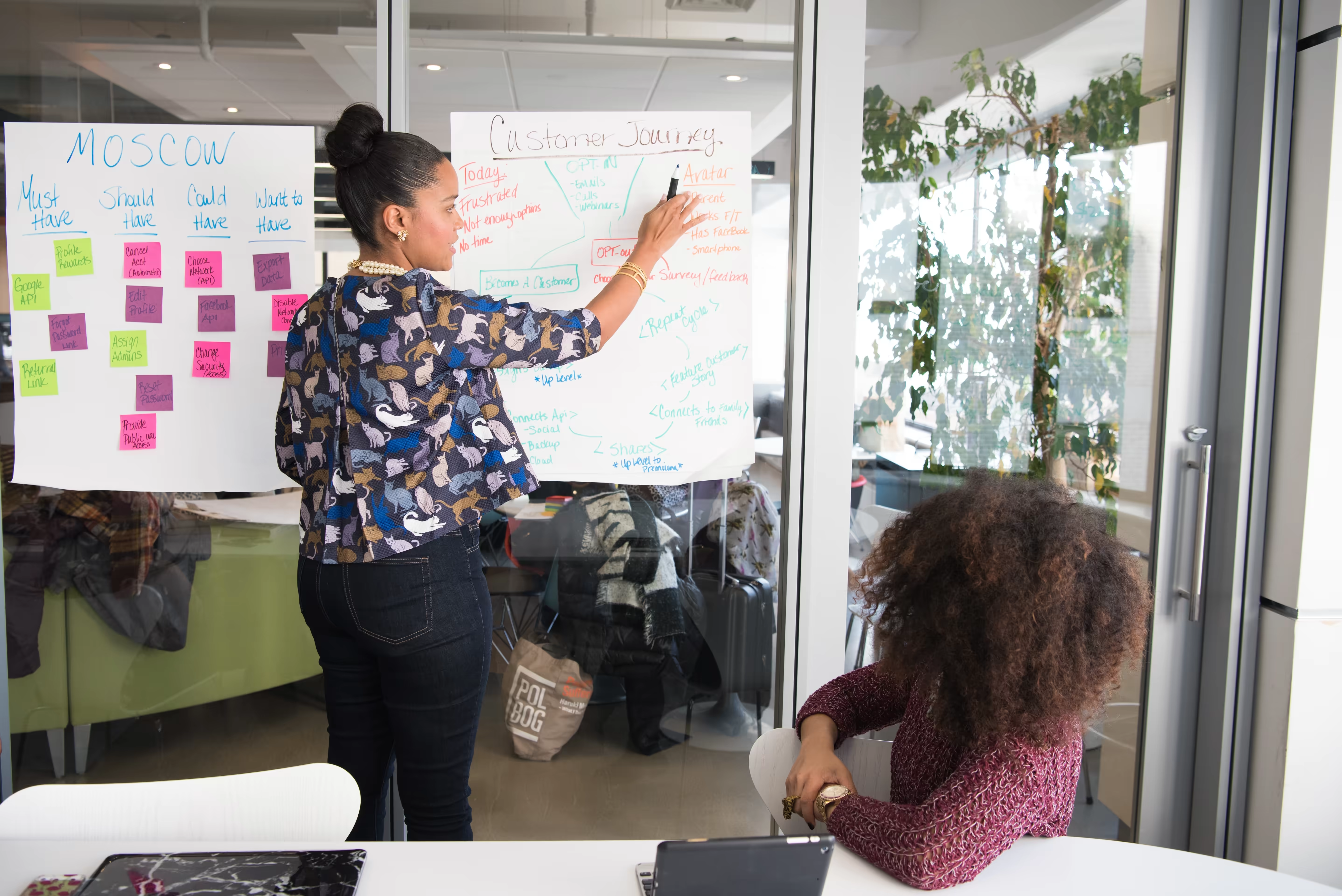The interview method of employee selection is one of the most popular selection tools preferred by most executives. This I would call, blind loyalty because most executives are not aware that the interview method is one of the worst selection tools available for various reasons. Research shows that the interview method can only predict 8% of the variation in candidate job performance. The amount of error variance in the interview process makes it close to a useless process. To gain any value from the interview process you need to have your managers trained so that they are aware of some of the challenges and take corrective action to enable your organisation to gain any form of value.
Here are some of the reasons why the interview method is an unreliable method for selecting employees:
- The majority of the interviewers have never been formally trained in carrying out job interviews
- Most interviewers come unprepared – meaning they will not have gone through the job profile
- They rely on faulty assumptions throughout the whole process
- They ask the wrong questions – this is a big problem. Some of the questions interviewers ask should never be asked in a job interview. They digress sometimes and ask irrelevant questions.
- They are driven by stereotypes
- They end up making decisions within the three minutes of the interview, based in misinterpretation and incomplete data
- They are likely to rate the person they like higher than other candidates. Most interviewers higher people who look, talk and generally behave like them.
The big question then is; what do you need to do to make the interview less susceptible to errors noted above?
- Identify the level of work to be done and Understand the job profile – you need to have a very clear understanding of the work that needs to be done. The level or depth of technical and managerial capability required in the role.
- Assemble a bank of interview questions based on the competencies you would like to assess
- Be consistent with your questioning with each candidate. Ask all candidates the same questions so that it is easy then to compare candidates once you have finished rating them.
- You must remember that if you do not understand the work to be done it will be hard to hire a good person for the role.
The majority of the interviews tend to focus more on technical knowledge at the expense of other competencies required to do a job successfully. You would need proper guidance on constructing the right questions that cover the scope of the role. One of the challenges in the interview process is that each interviewer will have to interpret what each candidate is saying in response to questions and judge the suitability of each candidate on the basis of their responses. That is not an easy task for most interviewers, worse for those never trained in interviewing skills.
In addition to all the challenges mentioned above, most questions are speculative e.g. what would you do if you are faced with this challenge? Clever people will also give you speculative answers, which may not be a true reflection of their capacity. It is better to focus on how they have handled issues in the past by forcing them to give specific examples of scenarios they encountered and how they handled such scenarios. As an example tell a situation when you had to handle a very difficult boss.
Memory Nguwi is an Occupational Psychologist, Data Scientist, Speaker, & Managing Consultant- Industrial Psychology Consultants (Pvt) Ltd a management and human resources consulting firm. https://www.linkedin.com/in/memorynguwi/ Phone +263 4 481946-48/481950/2900276/2900966 or cell number +263 77 2356 361 or email: mnguwi@ipcconsultants.com or visit our website at www.ipcconsultants.com



